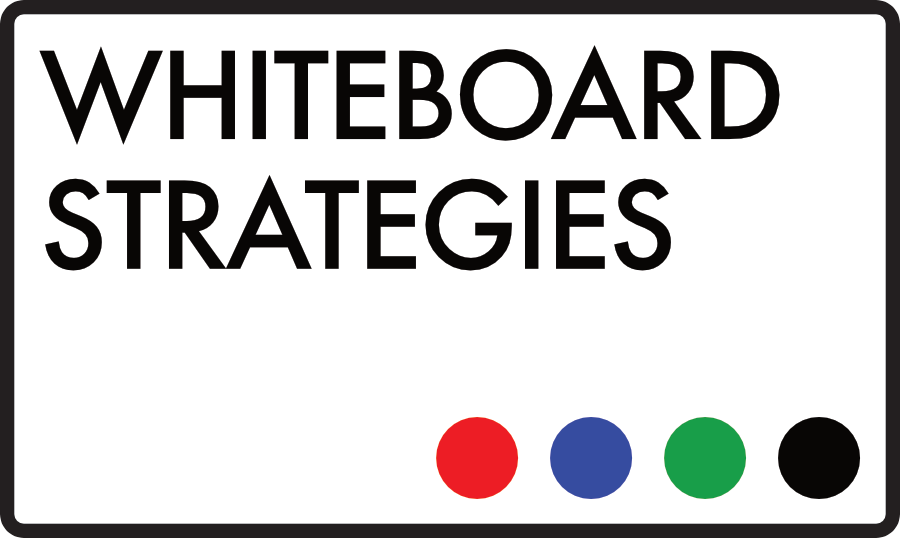Training should only ever be a word in the sales industry. We talk about delivering training,training your sales people to use new resources, training New Hires to get them up to speed with how the sales floor, support tech and commission bands work. We talk about training a whole lot – but what we should be talking about is enablement.
Not enablement in the sense of your rebranded in-house sales training team – but genuine, empoweringenablement. That doesn’t mean just training your teams to use resources, it means empowering them to feel ownership and control over those resources, to incorporate them into their own pitching, review cycles and reporting habits.
It feels like a fine distinction, I’m sure, but it’s an important one – we need enablement teams that enable, rather than train their sales people. The industry needs it. Your organisation needs it.
Let me give you an example. I am the doting owner oftwo Bichon Frises – the power player’s dog of choice – and I have had to train them. They needed training to wait until they got outside to go to the loo. They needed training not to bark at the postman. They needed training not to take my hand off when I was trying to give them a treat. They needed training because I needed them to adhere to a static, clearly defined set of rules that would makes living with them easier – they know that they go out for their walk at a certain time, they know not to bark or bite or bother us too much. And that’s great… for a pooch.
Sales people, though, need to be responsive, tactically flexible, instinctively strategic. If you train them – if you give them a set of processes with a rigid formula for conversion – you take away those qualities. And that’s a high price to pay – even if in the short term you see bottom line increases.
You can create Whiteboard based conversations to support them– without tying your sales teams into a rigid, discussion that shows little awareness of specific customer journeys, stakeholder interests and buying behaviours. Enablement should be just that – providing your teams with a powerful, adaptable and effective set of messaging, resources and tactics that they can call upon if and when needed, use to supplement and enhance their own selling techniques.
It is also often invaluable to encourage them to learn a specific conversation – a value proposition, corporate positioning statement, differentiation piece – to ensure it is delivered with a level of consistency, but even then you need to ensure you are building an element of individual agency and customer-specific flexibility into that conversation. Sales people need to be taught that the individual is responsible for the proper use and deployment of resources in specific situations.
Customers talk, behave, renew, refer and buy differently – so why send your sales teams out with a set of resources and an understanding of the pitching process that is set in stone? Enable them, empower them, allow them to flex the pitch, encourage them to develop fluency and give them a sense of ownership over a set of tools that will help them to succeed, whatever their prospect throws at them.
But for God’s sake, stop training them.

Recent Comments